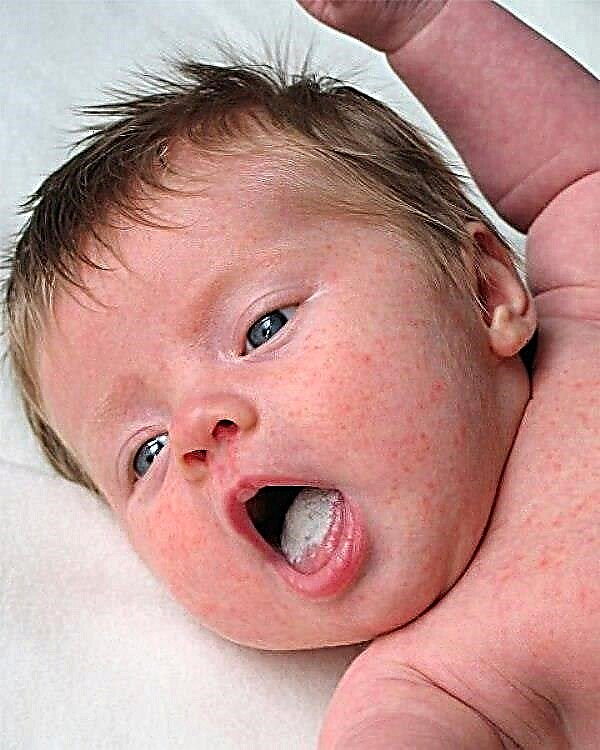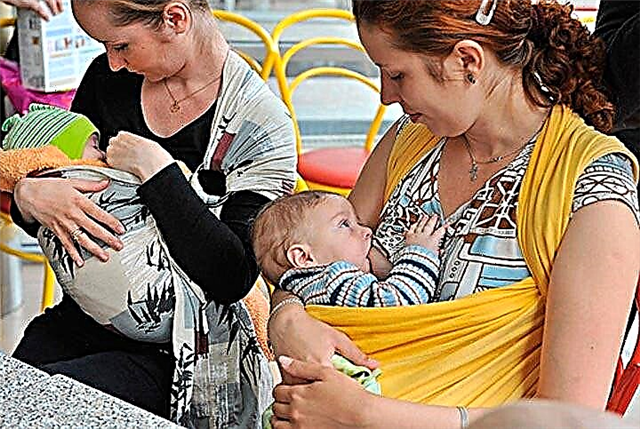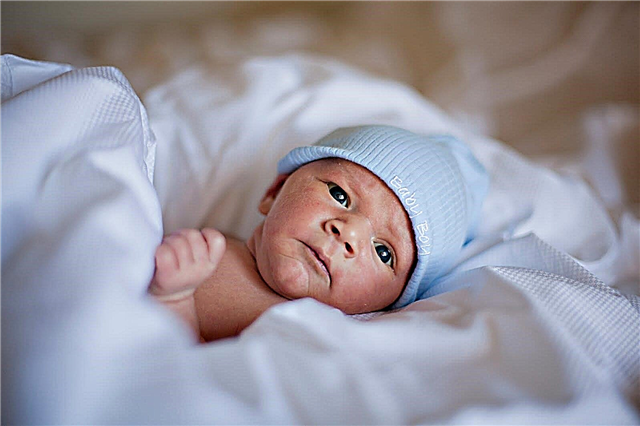One of the pressing questions from the moment the baby is born is the following: if the mother gets sick while breastfeeding, will the baby get sick. Difficulties arise when the food is built on the guards. It is necessary to take into account all the nuances in advance in order to think over a feeding scheme for a newborn or treatment.

The painful condition does not depend on the season
If mom gets sick
You can suddenly get sick at any time of the year. Breastfeeding mothers who are lactating are susceptible to colds. The reason is that the respiratory system works with increased loads that go to milk production. As a result, the immune system weakens, and infections enter the body faster.
The main question in case of a negative development of events is whether a newborn child can become infected with ARVI from a mother while breastfeeding. Modern research and WHO recommendations indicate the need to preserve this method of feeding infants.
Important! In 90% of cases, you will not have to limit contact with the child. There is no need for boiling milk or other disinfection methods.
Diseases incompatible with hepatitis B
There are a number of situations in which it will be necessary to temporarily or permanently abandon GV and switch to formula nutrition. The need for weaning depends on the type or severity of the disease.
Important! It is necessary to refuse feeding completely (switch to mixtures) only after consulting a pediatrician.
If the mother of a newborn baby is sick, then she also needs to be examined. Diseases incompatible with HV:
- infectious in an acute form of the course (toxic substances from microorganisms can get into milk);
- purulent mastitis;
- recovery period after surgery (the effects of anesthesia, medication, antibiotics).
The possibility of partial preservation of breast milk nutrition is allowed. Frequent pumping should be done if the doctor permits. It is recommended to repeat the procedure every 3-4 hours to prevent fluid stagnation in the breast. In some cases, this is not done to feed the newborn, but to eliminate side effects or reduce milk production in the future. After the mother has fully recovered, the baby in 90% of cases can return to the usual way of eating.
How to keep breastfeeding
If the cause of the development of the disease was not an infection or a dangerous viral type of pathogen, then you can keep breastfeeding for a period of poor health of the mother. When a cold caught up with HV, how not to infect the baby is the question that arises first. Ordinary acute respiratory infections will not harm, therefore, in order to prevent the child from getting infected, it is enough to use a medical mask.
How to feed your baby with milk
90% of viruses and bacteria are transmitted by airborne droplets or after contact. In order to minimize the likelihood that the newborn baby will get sick (become infected), it is recommended to ventilate the room in addition to using a gauze mask.
Wet cleaning and the use of disposable hygiene items also help keep your baby healthy and breastfeeding. You also need to wash your hands thoroughly before interacting with the toddler. Lactation can be continued if the treatment program does not use antibiotics or other drugs that are unsafe for the baby.
Important! It is recommended to agree with the pediatrician on the optimal feeding schedule, as the mode may shift slightly.
List of rules for treatment
In order to reduce the infection to zero, it is recommended to follow a few simple rules:
- organize the treatment process in such a way that a certain time elapses between taking the medicine and direct contact with the baby (in most cases, the maximum concentration of the drug in the blood is recorded 1.5-2 hours after administration);
- feeding intervals need to be increased to 4-5 hours (used for supplementary feeding a mixture or complementary foods by age);
- during the period when the main phase of treatment is underway, the mother should carefully monitor the child's condition;
- breastfeeding should be stopped if the baby reacts negatively: a rash, itching or swelling appears.
If the treatment involves taking antibiotics, then for this period you will need to transfer the child to the mixture. Milk must be continued to express. To improve the microflora, the pediatrician may prescribe a course of probiotics for the child.
In the event that a woman managed to catch a cold 3-6 months after the start of feeding (mature stage of lactation), there is no need to abruptly stop the feeding process. After consulting a doctor, you will be able to find the optimal schedule. The reason is that the mother may experience stress, as a result of which milk will disappear partially or completely.
Important! A woman should not independently refuse medications prescribed for treatment, as this action may entail various complications.

Ventilation reduces bacteria in the air
What medications are allowed
After the consultation, it will be clear if the mother gets sick while breastfeeding, whether the baby will get sick. In most cases, a common cold or an acute runny nose is not harmful to the health of the newborn. There are drugs that are approved for admission without restriction in breastfeeding, but their inclusion in the recovery program must be carried out by a doctor. If a cold occurs while feeding an infant, how to recover and treat it, the specialist decides.
Cold with HV
Modern research has shown whether a baby can be infected directly from a mother with a cold with guards. As a result, almost 90% remained healthy. Only those whose parents violated the doctors' recommendations began to get sick in a mild form.
Important! It has been revealed that a sick mother will not infect a child through contact or feeding. This is because the respiratory virus does not affect milk composition.
SARS with breastfeeding
It is required to know in advance what to do if the nursing mother of the baby is sick not with an ordinary cold, but with ARVI. In this situation, there are pathogens in the body that can penetrate into milk. Contact will be contagious for the child when the mother does not follow the rules:
- be sure to use a medical mask;
- mother hands;
- carry out wet cleaning and airing daily.
If the temperature rises, it is recommended to pump, the main time to take care of the baby should be close (dad, grandmother).
Attention! If you are not taking antibiotics, breastfeeding can be continued.

It is necessary to wash your hands during a cold
In the treatment of acute respiratory viral infections in nursing, the following drugs are used: Viferon, Grippferon. The course of treatment, dosage and duration are determined by the results of a medical examination.
The answer to the question whether it is possible to infect a child with a cold directly through breast milk is negative in 90% of cases. The child will not become infected from the mother during contact if she correctly performs the treatment process and follows the doctor's instructions. A sick woman is advised to stay in bed so that she does not additionally or repeatedly catch a cold or get complications. In order for the breast not to hurt when the gv is stopped in whole or in part, regular pumping is performed.



